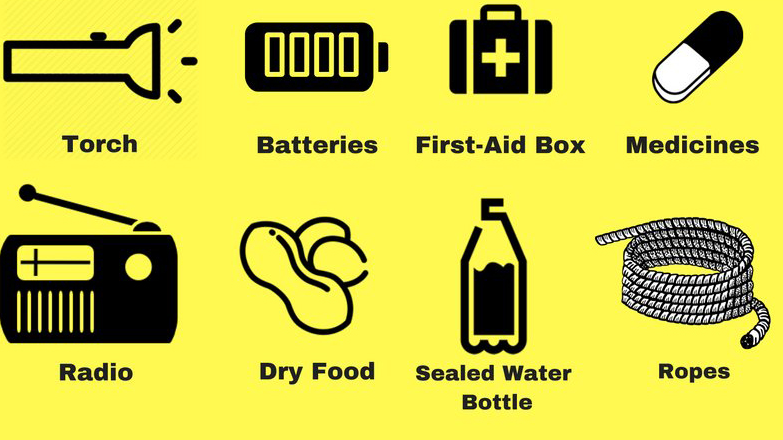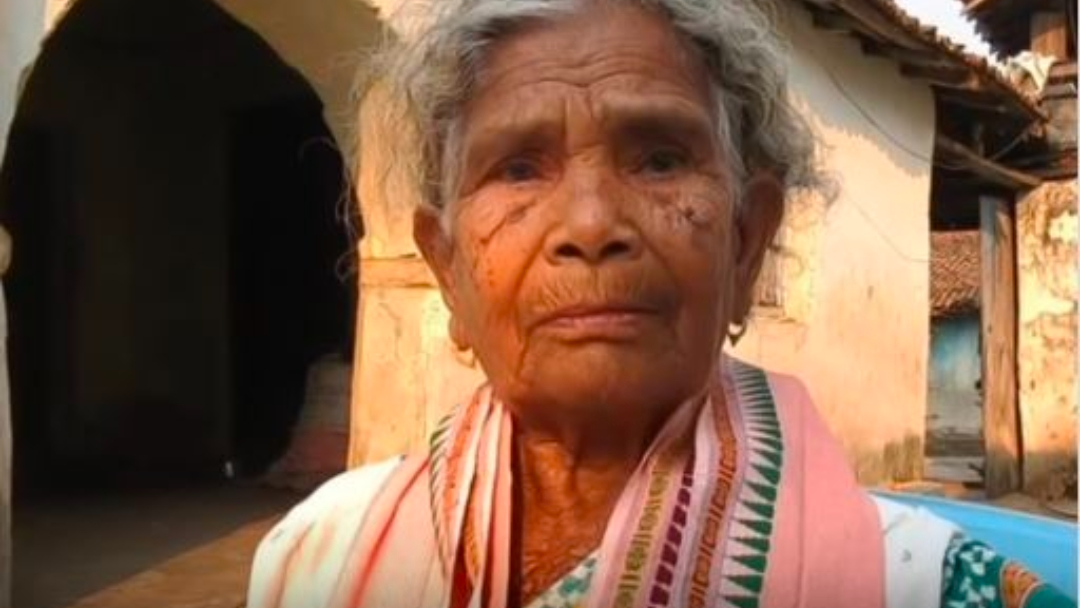Satyanarayan Mohapatra
The Bay of Bengal is churning, and a brewing low-pressure system has cast a shadow of concern over Odisha's coastal communities. With the potential to intensify into a full-blown cyclone, the threat of heavy rainfall, powerful winds, and coastal flooding looms large, particularly for vulnerable populations like the elderly, infants, and those with disabilities.
As the storm gathers strength, it's time for residents in vulnerable coastal areas, to prepare and safeguard. This comprehensive survival guide offers you with the knowledge and resources to face the crisis.
Stay Connected for Latest Updates on Cyclone ‘Dana’
A shield of preparedness
Your home is a fortress, ready to withstand the onslaught of nature's fury. Fortify it:
- Information: Stay glued to weather updates from reliable sources like the India Meteorological Department (IMD) and local news channels. Knowledge is your first line of defense.
- Secure: Inspect your home for vulnerabilities. Secure loose tiles, reinforce doors and windows, and consider strengthening exterior walls. Imagine your home as a sturdy ship, ready to weather the storm.
- Taming: Trim those menacing branches that could become projectiles in high winds. Visualize a clear path around your home, free from potential hazards.
- Anchor the loose ends: Secure outdoor objects like garbage cans, tools, and furniture. Think of them as potential missiles in a windstorm and prevent them from wreaking havoc.
- Safe Room: Designate a secure room, preferably on the ground floor and away from windows, as your haven during the storm. Picture it as a cozy cocoon, protecting you from the elements.
- Stockpile: Gather non-perishable food, drinking water, batteries, flashlights, candles, a first-aid kit, and essential medications. Imagine yourself as a resourceful scout, equipped for any situation.
- Valuables: If possible, move precious belongings to a higher floor or a secure location to safeguard them from potential flooding. Think of it as creating a treasure chest, protected from the storm's wrath.
Special Considerations for the Vulnerable:
- Senior Citizens: Ensure elderly family members have easy access to essential medications, assistive devices, and comfortable seating in the safe room. If they have specific dietary needs or require assistance with mobility, make necessary arrangements in advance.
- Infants and young children: Stock up on diapers, formula, baby food, and comforting toys. Create a safe and calming environment for them in the designated safe room.
- Individuals with disabilities: If you or a family member has a disability, ensure that necessary accommodations are in place, such as accessible evacuation routes, assistive devices, and communication aids.
Food Supplies:
In addition to the general recommendations, consider these food items that can be prepared with minimal resources:
- Rice and Dal: These staples can be cooked with limited water and fuel, providing sustenance during power outages.
- Dried fish: A good source of protein that requires less cooking time and minimal heat.
- Pitha: These traditional Odia cakes and snacks, often made with rice flour or other non-perishable ingredients, can be stored for several days.
- Jaggery and chuda: These readily available ingredients offer quick energy and can be consumed without cooking.
- Seasonal fruits and vegetables: Stock up on locally available fruits and vegetables with a longer shelf life, such as potatoes, onions, and bananas.
During the Storm:
- Stay indoors: Resist the urge to venture outside, even during a lull. The "eye" of the cyclone can be deceptive, and strong winds may return suddenly.
- Power down: Switch off electricity and gas to prevent hazards.
- Window watch: Stay away from windows and doors, which could shatter from flying debris.
- Stay informed: Continuously monitor weather updates and official instructions.
After the Storm:
- Await the all-clear: Don't leave your shelter until authorities declare it safe.
- Exercise caution: Be mindful of downed power lines, damaged buildings, and floodwaters.
- Report: Assess and report any damage to your property.
- Community support: Lend a helping hand to neighbors in need.
Additional Tips
- Evacuation routes: Familiarize yourself with evacuation routes and shelters.
- Tide awareness: Stay informed about tide levels and potential storm surge warnings.
- Boat safety: Secure or relocate boats well in advance.
By taking these precautions and assembling a comprehensive survival kit, you can significantly enhance your safety and preparedness in the face of a cyclone threat. Remember, vigilance, preparation, and community support are your strongest allies in navigating this challenging situation.
Disclaimer: This brief is based on information from publicly available sources and reflects the author's interpretation of the topic and do not reflect Prameya's or Prameya News7 editorial stance.














































